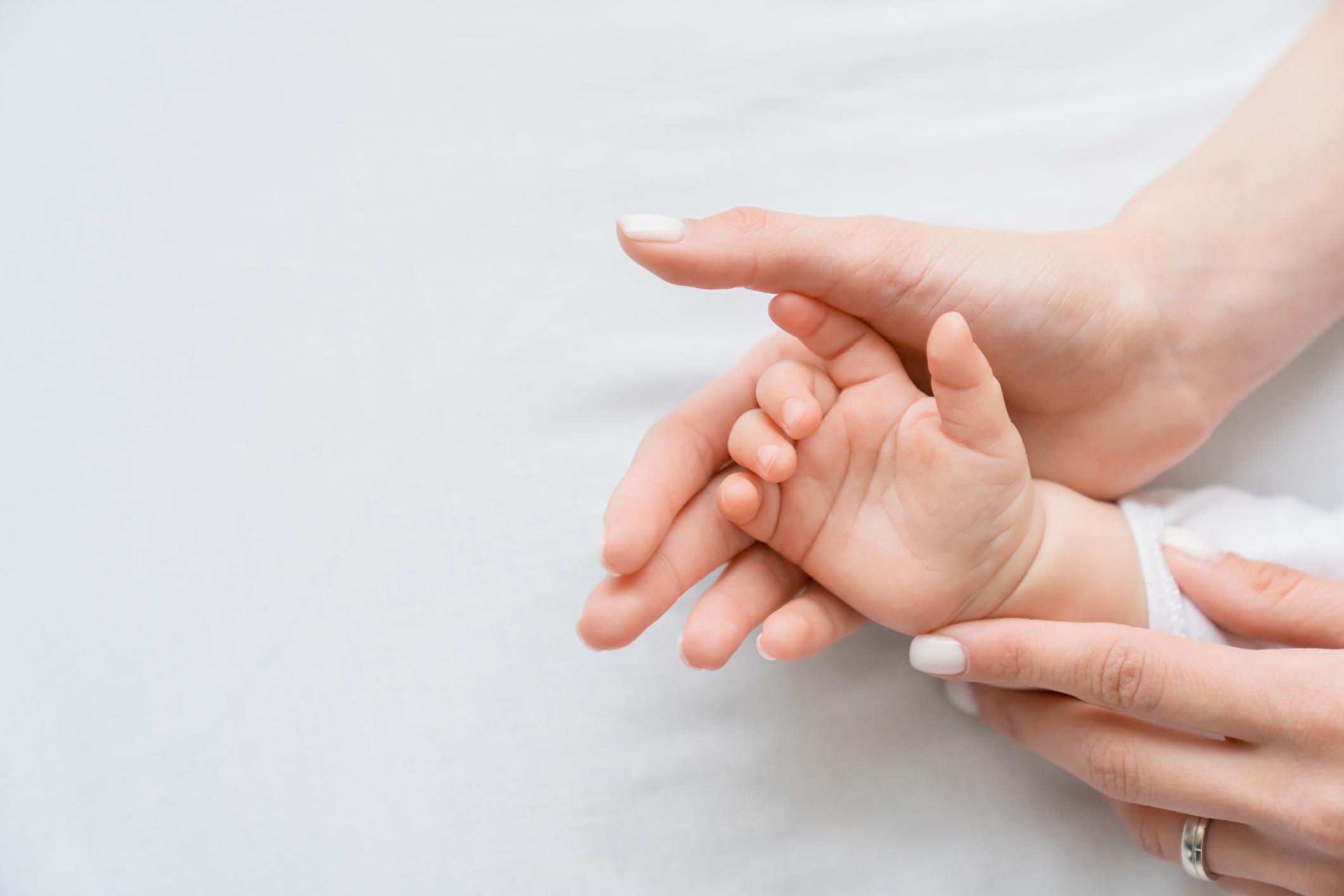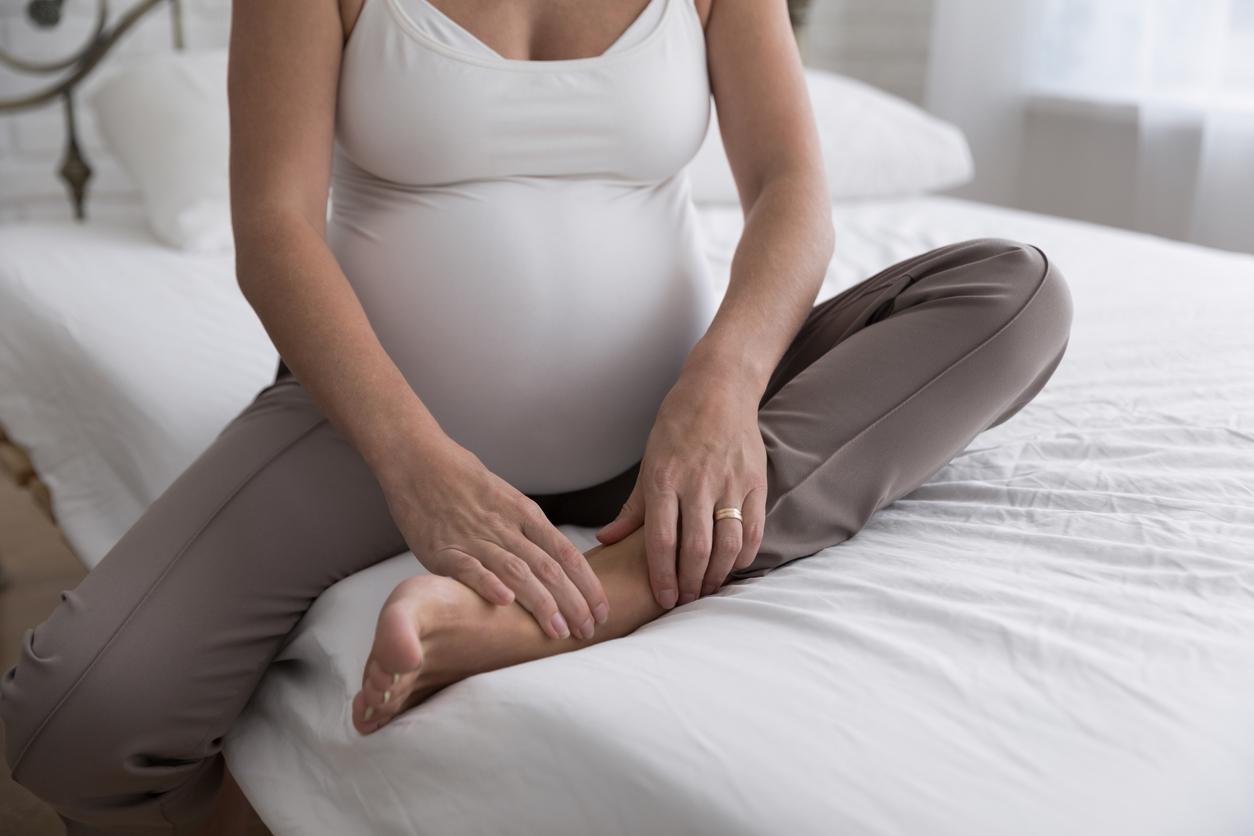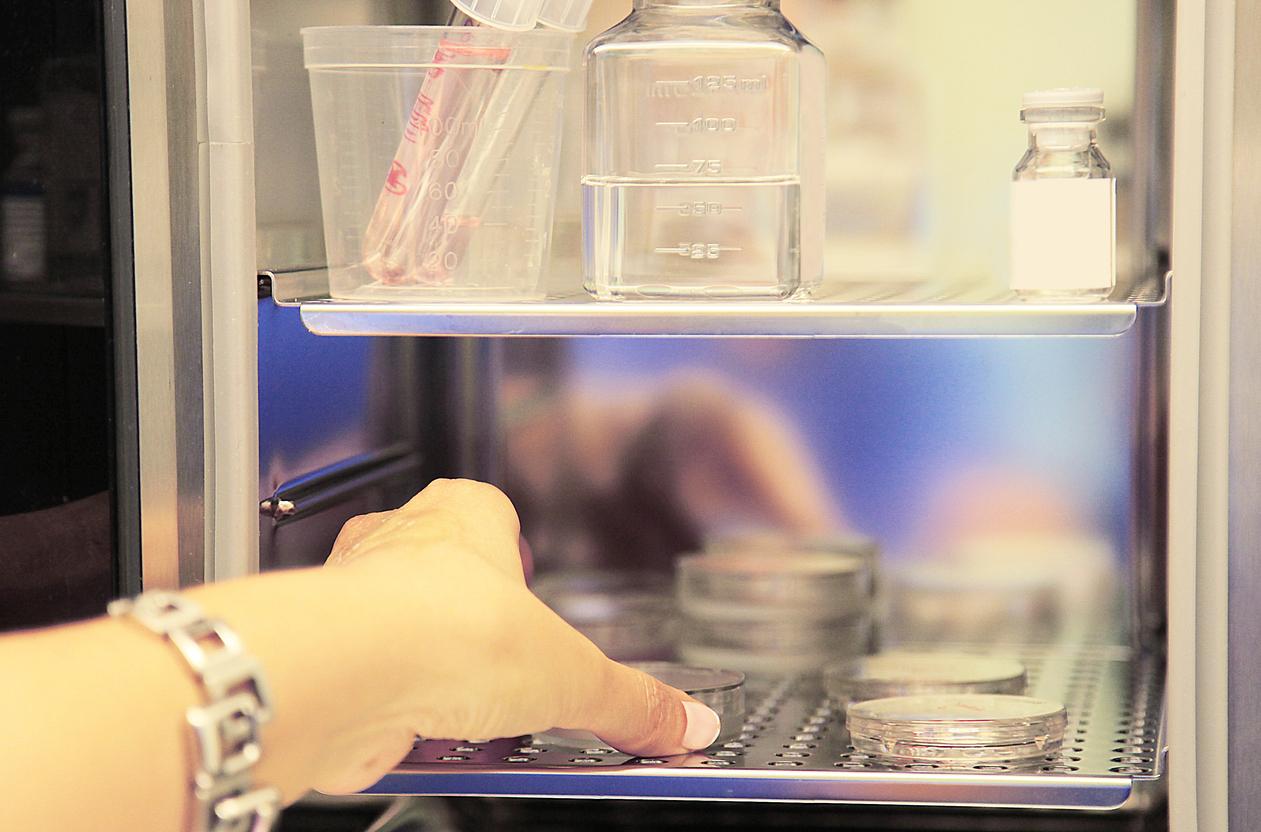Prof. Milliez recalls that the self-preservation of oocytes allows women to preserve their chances of fertility beyond the age of 35.

The National Academy of Medicine has just voted in favor of the self-preservation of oocytes for women who want it. A position paper made public a few days before the publication of a much-awaited opinion from the National Consultative Ethics Committee (CCNE) on the opening of medical procreation assistance (AMP) to all women.
The members of the Academy, under the leadership of Professor Jacques Milliez, do not go hand in hand to criticize the legislation in force in our country. As this obstetrician-gynecologist reminds us in the introduction, only young women suffering from cancer or threatened with premature ovarian failure can have recourse to gamete vitrification.
Women “concerned about preserving their fertility and without an immediate pregnancy plan” then go to Spain, Belgium or the United Kingdom to store their oocytes. An unwarranted departure for the Academy. “If we agree to help by AMP women who have become subfertile for having deliberately lowered the age of their pregnancy […], the self-preservation of oocytes for oneself practiced in the same logic does not derogate from the ethics ”, estimates the institution. She also denounces the inequality with men who can keep their sperm in private clinics on prescription.
A situation all the more “hypocritical” that by modifying the conditions of the donation of oocytes, the bioethics law of 2011 opened a breach, note the academics. Since January 2016, it has offered the possibility to women who have never procreated to keep part of their donation, if numbers allow. Donors could benefit later in the event of infertility. “A law medically and ethically unacceptable”, judge the academics, adding that it “can be perceived as a blackmail or a lure”.
In the show The Health Guest, Prof. Milliez explains why he is also personally in favor of opening up assisted reproduction to all women.
.














